Nibali in favour of disc brakes in pro peloton but worried about crashes
Italian believes riders will need time to learn how to use new system
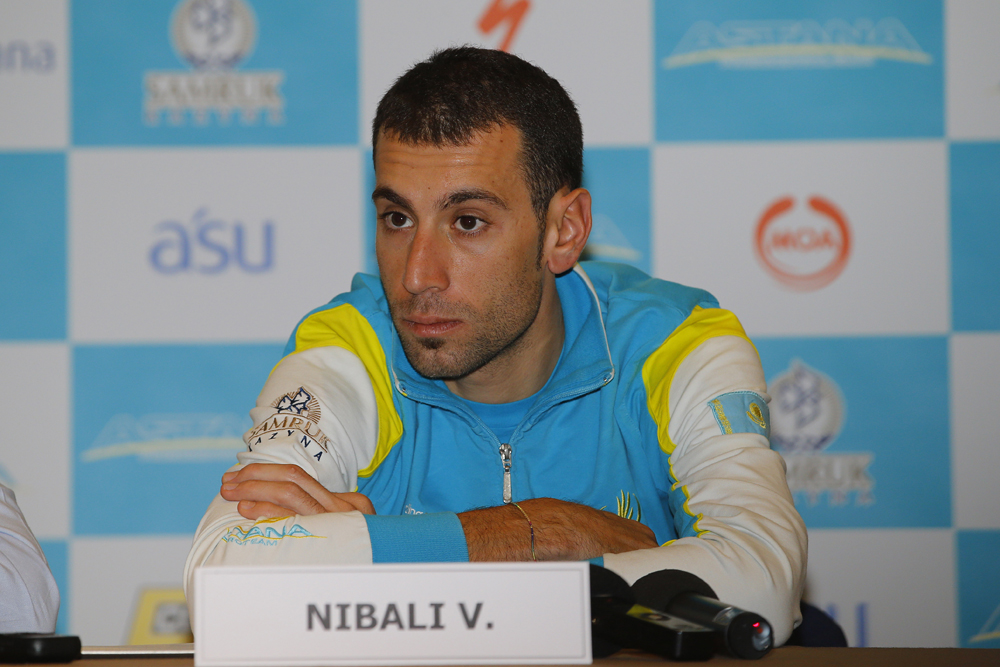
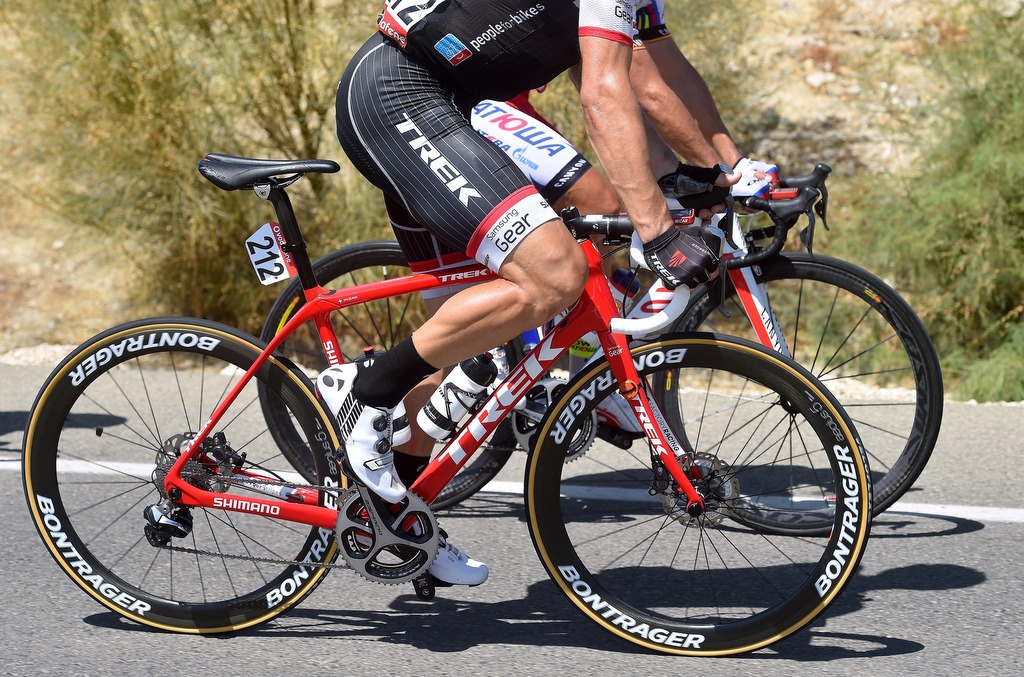
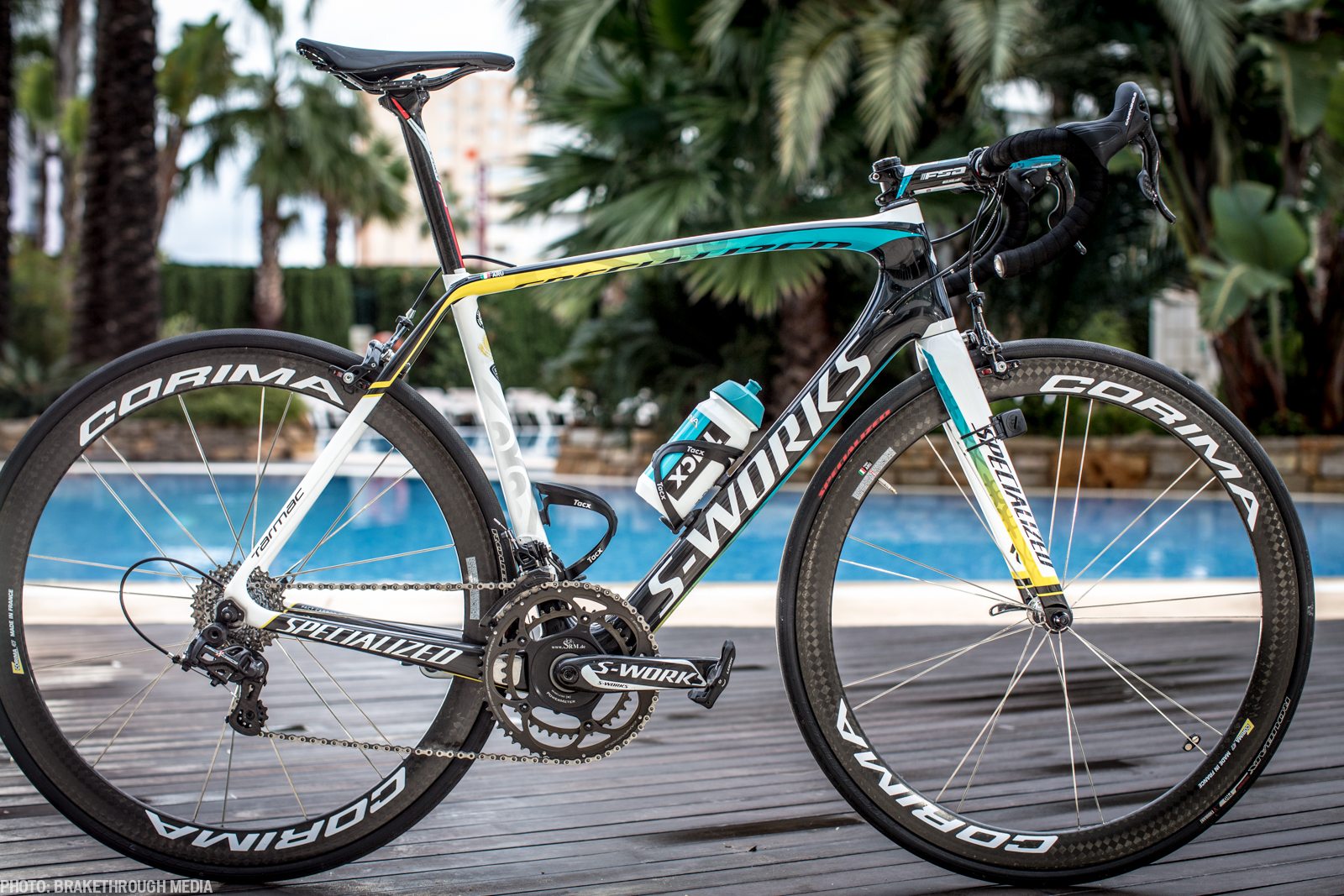
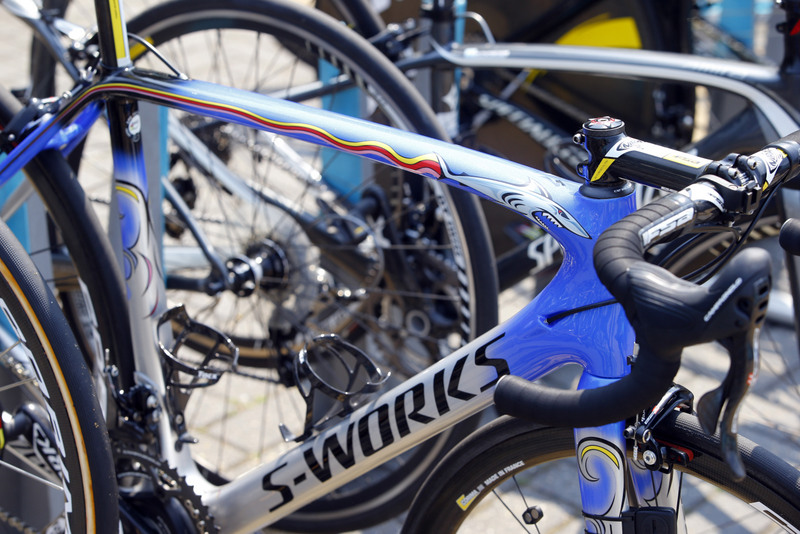
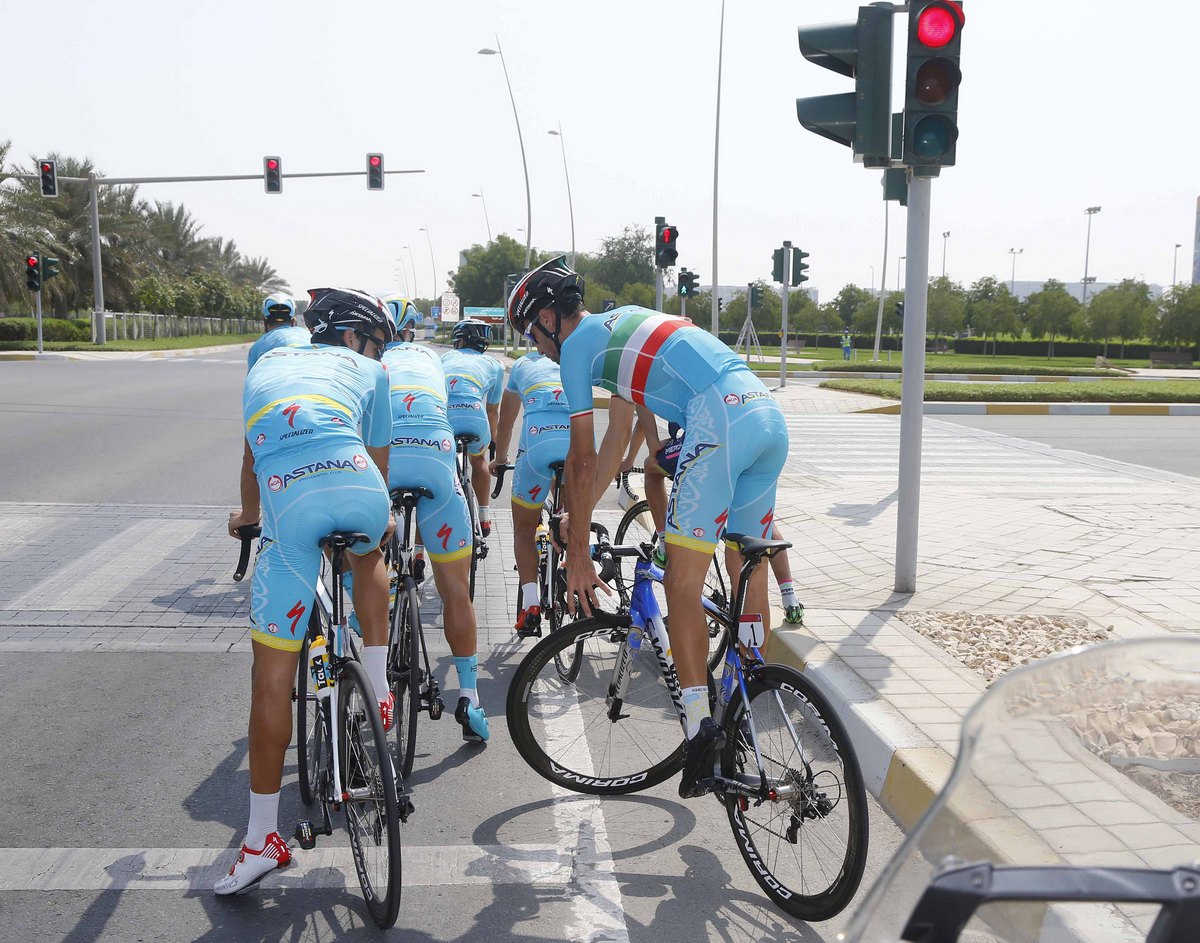
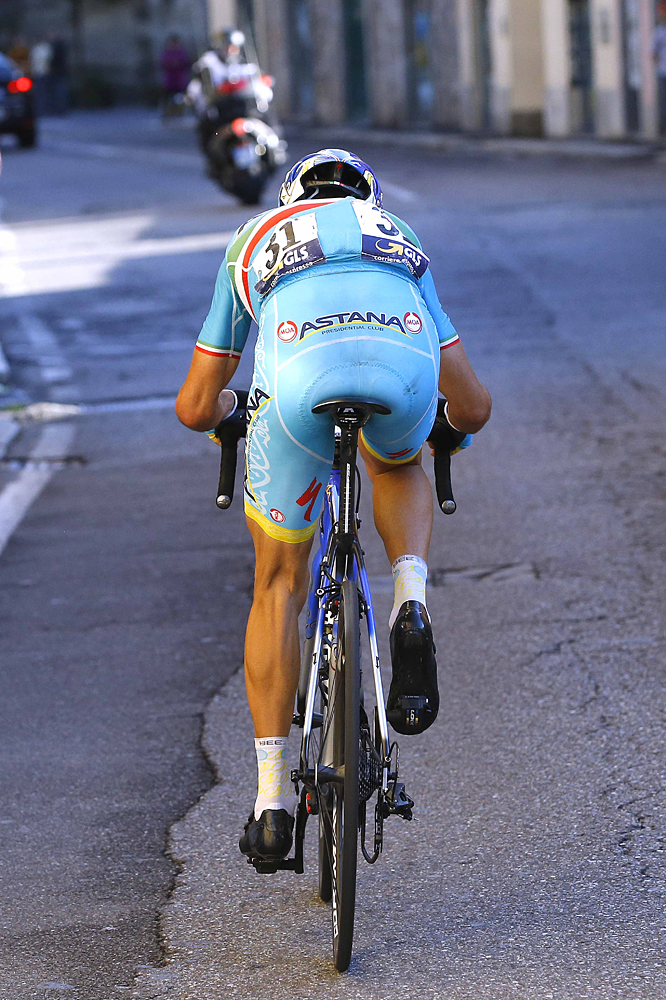
Vincenzo Nibali has told Cyclingnews he is in favour of disc brakes being used in the professional peloton but warns that riders will need time to adapt to new braking styles.
Vinokourov almost certain Nibali will ride for Astana in 2017
UCI approves widespread disc brakes use in 2016 professional peloton
Campagnolo, Specialized say they will be ready for disc brakes in 2016 pro peloton
News shorts: Cyclingnews readers in favour of disc brakes, Rusvelo becomes Gazprom
Trek Factory Racing decline to use disc brakes at Tour Down Under
CPA believes testing disc brakes in peloton could cause crashes
The 2014 Tour de France winner is known for his excellent descending skills and seems aware that disc brakes could give him an advantage on his Grand Tour rivals, especially on wet roads and technical descents. Nibali gained significant time on his rivals on the cobbled stage of the 2014 Tour de France and also attacked alone to win this year's Il Lombardia on a testing descent.
"I think it's a part of a normal evolution of cycling and bikes," Nibali told Cyclingnews. "I've never tried disc brakes on the road and so it'll be something new for me. Disc brakes on mountain bikes are great but using them in races will be a little different."
The UCI announced on Monday that professional riders at every level of men's and women's racing will be able to chose between traditional caliper brakes and disc brakes from January 1. If this wider phase of testing is deemed a success, disc brakes will officially become legal across the sport from 2017.
Cyclingnews understands that the Astana team will use disc brakes in time for the Spring Classics. The team uses Specialized bikes and Campagnolo components. Both brands told Cyclingnews they will be ready to supply their teams in 2016. Campagnolo has yet to unveil its disc brake system but according to bike tech expert Patrick Brady, Campagnolo has filed a patent for a fluid system hidden in handlebars and showed off a disc brake system to selected product managers at the recent Taichung Bike Week in Taiwan.
The introduction of disc brakes has perplexed some riders, who are worried that different braking times and distances for different braking systems could spark crashes. Manufacturers have played down those risks as they push to see disc brakes become the latest innovation in the bike industry and provide a boost to sales.
Nibali, like other riders believes some kind of guard is needed to protect riders being burnt by hot front or rear disc in crash. "They'll be good in the wet but a doubt that perhaps remains is in the case of a crash that involves several riders. A hot disc brake can be dangerous," Nibali said. "I think they will have to make some minor changes and perhaps add a protector of some kind.
The latest race content, interviews, features, reviews and expert buying guides, direct to your inbox!
"Riders also have different braking styles. Some brake hard at the beginning, while other go hard later on. The risk with good brakes is that they can lock up up; there's no ABS on bikes. So when you lock up, you skid and can crash. If the road surface is smooth, disc brakes could lock up more. So tyre compounds will be important."
"Riders will need to learn how to use disc brakes properly and learn how to modulate their braking. It's all about getting used to it."

Stephen is one of the most experienced member of the Cyclingnews team, having reported on professional cycling since 1994. He has been Head of News at Cyclingnews since 2022, before which he held the position of European editor since 2012 and previously worked for Reuters, Shift Active Media, and CyclingWeekly, among other publications.